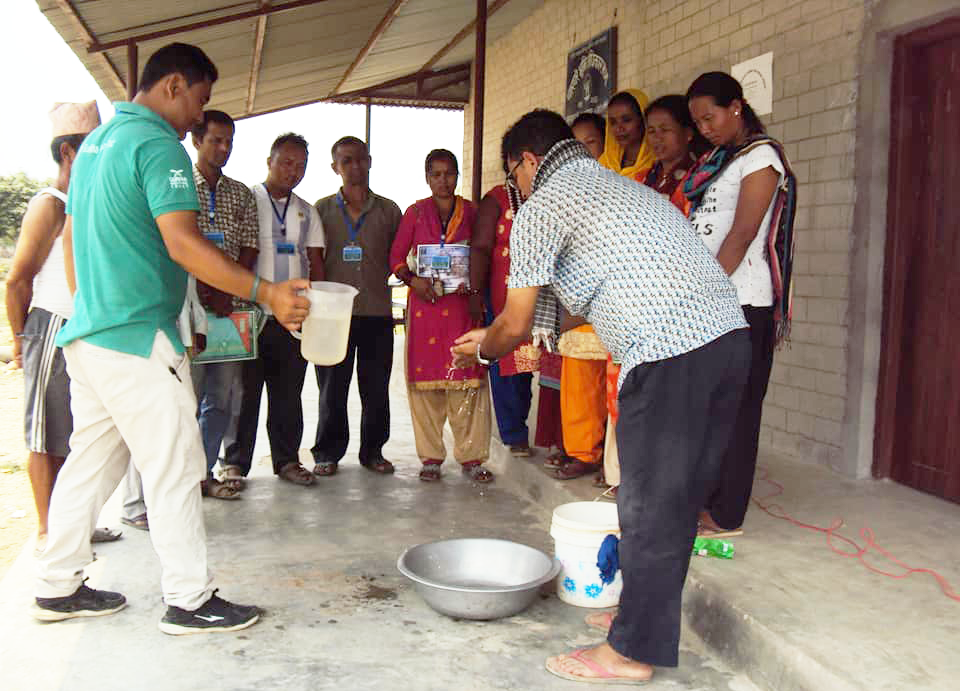World Water Day 2022: The impact of groundwater
/On 22 March 2022, World Water Day celebrates water and raises awareness of the global water crisis.
The theme of this year’s World Water Day is groundwater. Although groundwater is invisible, its impact is felt everywhere and enriches our lives. Almost all the freshwater in the world runs beneath our feet, and as the climate crisis worsens, it is increasingly important to manage the precious resource of groundwater.
Many remote villages across Nepal still struggle to find clean, safe water. Traditionally, women and children have needed to walk for hours to collect water. Heavy rainfall and flooding also sweep debris and waste into village water sources, causing a contamination risk.
In partnership with UK Aid, we continue to provide remote villages with access to clean water and sanitation. We search for groundwater high in the Nepali hills and source materials to pipe the freshwater straight to villagers’ doorsteps.
Shuva Bahadur Ale, a villager from Charghare in the Bardibas Municipality, said that before the GWT’s intervention, people in his village shared a communal well which was heavily used and dried up during the dry season. Villagers drinking the well water also risked catching waterborne diseases.
Pictured: The well which the community used previously risked contamination from mud, insects, and waste that would wash in during monsoon season.
“It was difficult at first,” Shuva said. “We did not have sufficient water from the well. We mainly relied on the dug wells in our community. Our dug wells…were not designed to provide a level of service to household premises and cope with increased water demand, so the well could not replenish fast enough to serve more than two households at the same time. It led to an intermittent supply where water was not always available when needed for households use, drinking water, hygiene and sanitation.
“Mainly children and women were facing problems beforehand. Sometimes, children could not attend school on a regular basis, and women had to rush their household activities to fetch the water.
“Now, children can regularly attend the school on time. Women can cook food and provide the lunch box for their husbands who are working in construction sites. There are also less incidents of waterborne diseases.”
As part of our water projects we set up a village committee, to include a Chairperson, Secretary and a Village Hygiene Worker. Forming these committees empowers the community to take responsibility of the project, ensuring its sustainability into the future.
“While receiving the various trainings from GWT, I learned about the importance of safe drinking water, hygiene, sanitation, water quality tests, leadership, how to run the committee, and sustainability,” Shuva said.
Pictured: GWT staff provides the Charghare community with training on water sanitation and hygiene.
In total, the GWT installed 551 tap stands, benefitting 3,035 people and 547 households in the Bardibas Municipality.
Now, villagers in Charghare do not need to worry about inconsistent water supply, contaminated water, or travelling for hours to find water from other sources when their well runs dry. Each household has a tap stand at its doorstep, supplying clean, safe water from the ground up.




